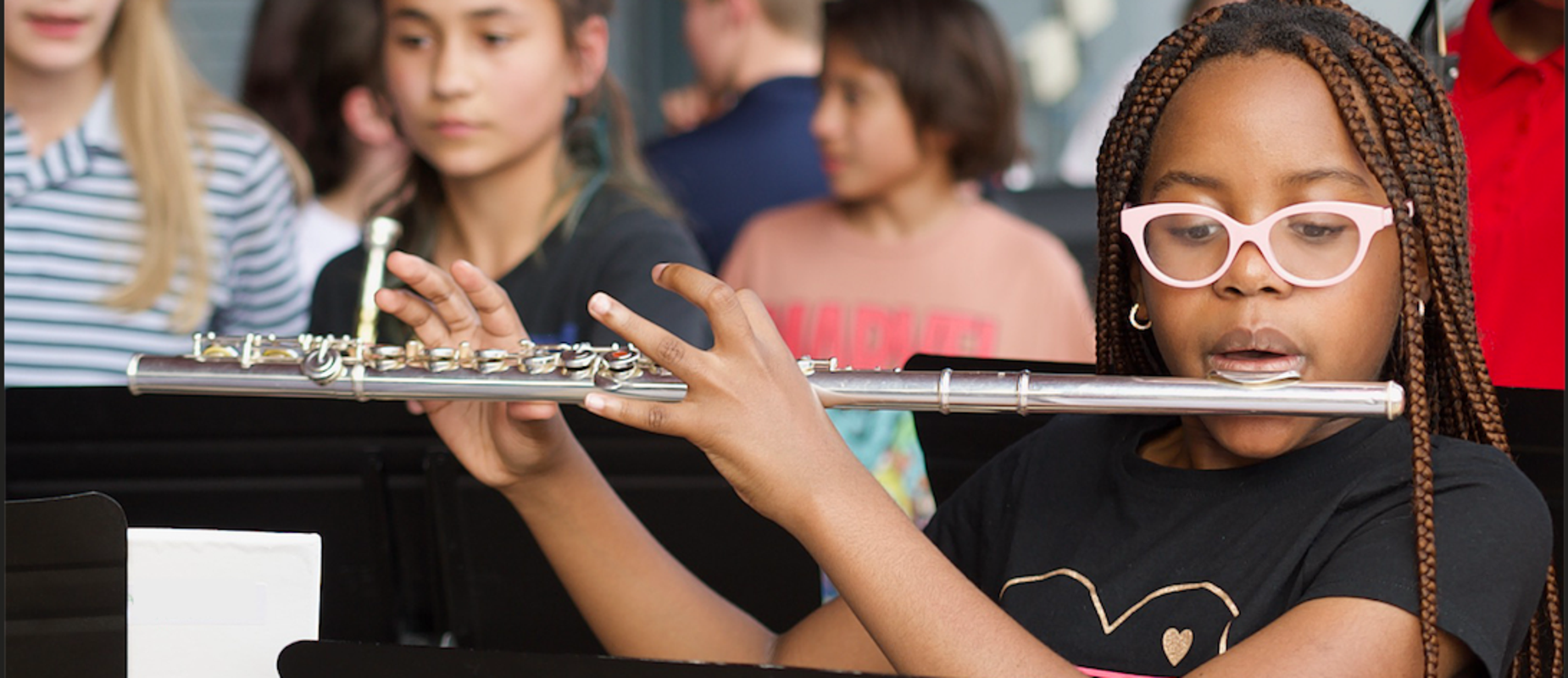Ramadan
The most holy month of the year for Muslims is that of Ramadan, which on our Gregorian calendar will begin the evening of April 1 and will end the evening of April 30 (2022). One of the five central tenets, or “pillars” of Islam is the observance of Ramadan. According to BBC.com, Ramadan is often known as “the month of the Qur’an”, because of the believe that the central holy book of Islam, the Qur’an, was first revealed to the Prophet Muhammad at the beginning of this month.
Muslims spend the days of Ramadan fasting, and the month is also devoted to prayer and introspection, recitations of the Qur’an, and performing good acts for others.
Ramadan ends with the “feast of fast-breaking”, or Eid-al-Fitr. Starting the evening of Sunday, May 1, Eid-al-Fitr is spent feasting and celebrating.
Timeanddate.com notes that in celebration of Eid-al-Fitr Muslims often wear their finest clothes, decorate their houses, forgive old wrongs, donate to the poor, and generally dedicate the day to God.
This year Ramadan coincides directly with Arab American Heritage Month in April. This is an appropriate coincidence, as the Prophet Muhammad and the first adherents of Islam were Arabs. Today, however, Islam has spread far beyond the homelands of the Arabs, and only about a quarter of the world’s 2 billion Muslims are Arabs.
It also is a coincidence that Ramadan and Arab American Heritage month occur at the same time this year. As Islam follows a lunar calendar, rather than the solar Gregorian calendar, the two calendars coincide every 19 years--so the next time Ramadan will occur entirely in the month of April will be in 2041!
April: Arab American Heritage Month
While not recognized by the federal government, April is celebrated as Arab American Heritage Month (AAHM) in many U.S. schools, cities, and states. Arab Americans have roots in 22 countries located in the Middle East and North African regions: Algeria, Bahrain, the Comoros Islands, Djibouti, Egypt, Iraq, Jordan, Kuwait, Lebanon, Libya, Morocco, Mauritania, Oman, Palestine, Qatar, Saudi Arabia, Somalia, Sudan, Syria, Tunisia, the United Arab Emirates, and Yemen. And within all those countries, there are various languages, religions, traditions that are now part of our American story.
April Fools Day
April 1 is often celebrated as “April Fools’ Day” by springing (hopefully good-natured) pranks on others. According to the National Geographic article “April Fools’ Day Mystery: How Did It Originate”, the origins of the day are shrouded in mystery, although one theory is that it began in France. In France, one fooled by an April 1 prank is known as a “poisson d’Avril” (April fish), and one popular April 1 prank among French children is to stick a paper fish on the backs of the unsuspecting. So be careful of becoming a poisson d’Avril!





